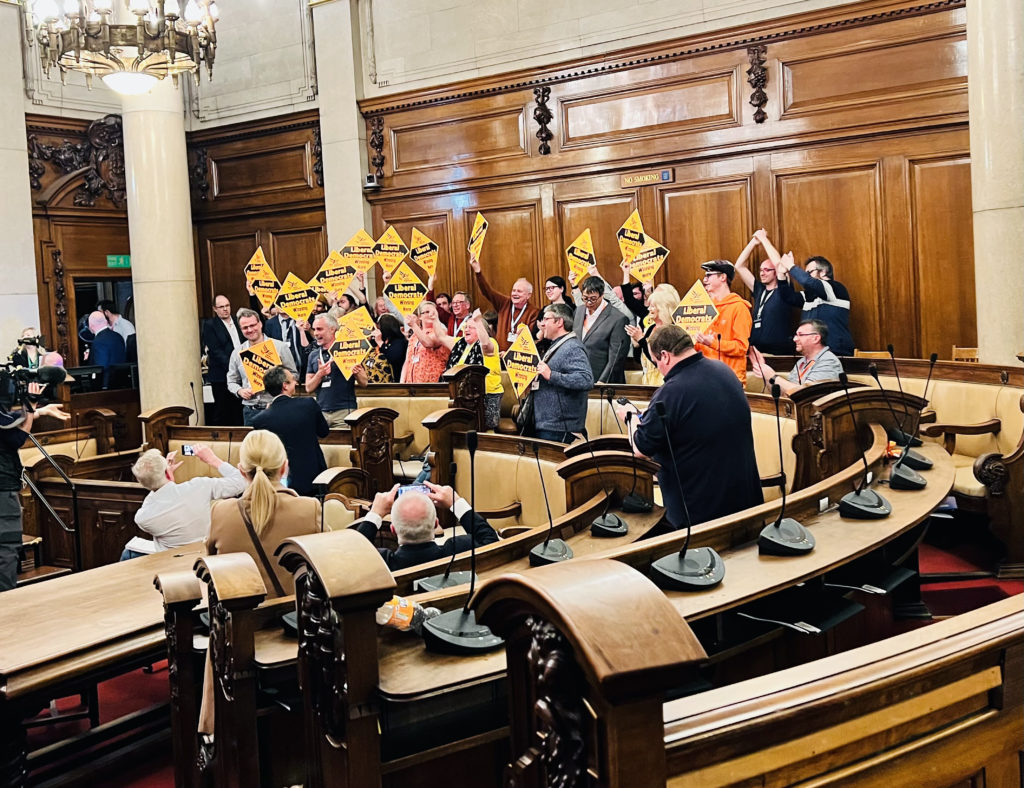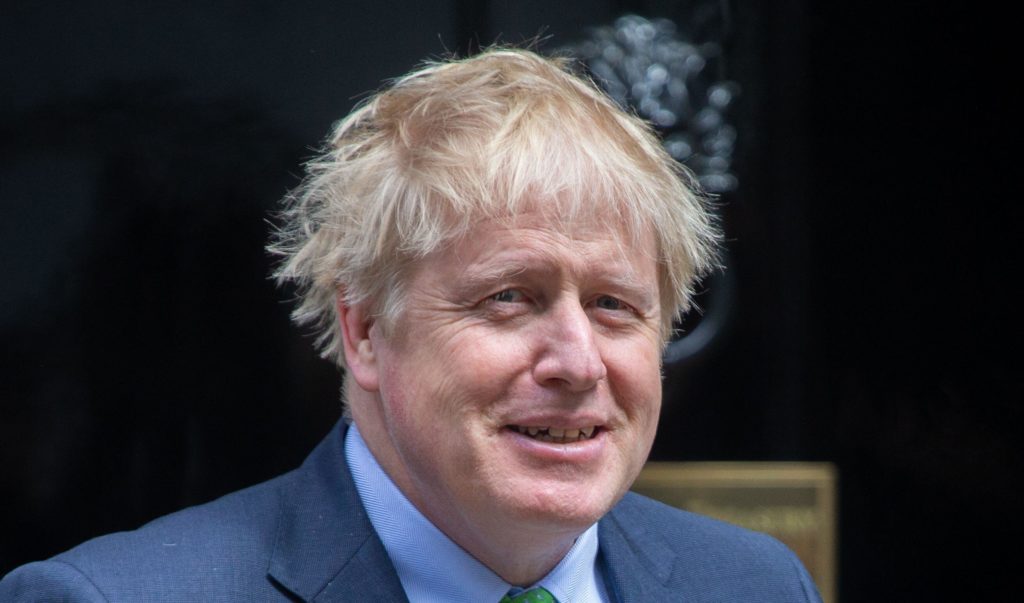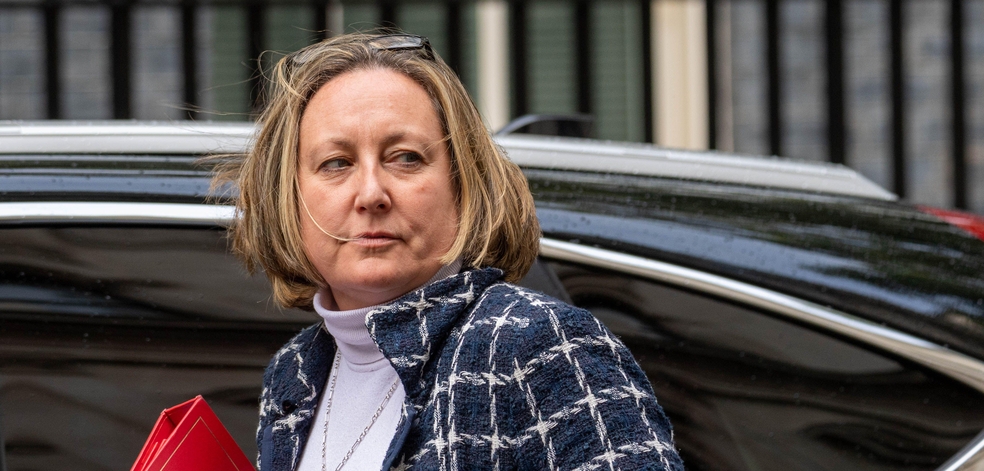Overview
In his long career in Conservative politics, Sir Iain Duncan-Smith, or IDS as he is known, has tried his hand at every aspect of Parliamentary life.
Since becoming an MP in 1992, IDS has been a backbench rebel; Party Leader; Cabinet Minister; and then, in the Brexit debates of 2019, a backbench rebel again.
Whether it be voting against John Major’s integrationist Maastricht Treaty, or voting down Theresa May’s Withdrawal Agreement, IDS has always been prepared to rebel on matters connected to Europe.

Iain Duncan Smith. A self described ‘quiet man’ of British politics.
Conservative Party Leader
Many contemporaries expressed surprise when Duncan-Smith announced himself as a candidate for the Tory leadership in 2001. The outsider in the contest, people were then further surprised when he beat out former Conservative Cabinet Ministers, Ken Clarke and Michael Portillo for the role.
After only making it onto the final ballot by one vote, Duncan-Smith became the Conservative Party’s ‘accidental leader’.
Known for his aloof personality, Duncan-Smith told a ‘to be convinced’ Conservative Conference crowd in 2002: ‘Do not underestimate the determination of a quiet man’. Doubling down on what was viewed as a particular PR mistake, Duncan-Smith told the 2003 Conservative Conference: ‘The quiet man is here to stay and he’s turning up the volume’.
Not long after, disquiet started to rise, and Stuart Wheeler, then one of the Tory party’s biggest donors, threatened to withdraw funding if Duncan-Smith continued.
Subsequently, IDS lost a vote of no confidence by 90 votes to 75 among Tory MPs. In turn he became the first and only Conservative Leader since the Second World War not to fight a General Election.
Political Career
Duncan-Smith was first elected as the Conservative MP for Chingford in 1992, taking on fellow right winger, Norman Tebbit’s constituency. Duncan-Smith remains the Conservative MP for Chingford, but his majority has been shrinking in recent years, as this area of North London has bucked the national trend and become less supportive of the Conservative Party. His once safe constituency is now highly marginal, and a top target seat for the Labour Party.
Iain Duncan-Smith first became known to the public as one of John Major’s 1992 Maastricht rebels. In fact, Duncan-Smith spent most of his first term in Parliament defying the Conservative whip. Major later described Duncan-Smith in his biography as ‘sharp-toothed … with … a strong right-wing ideology’.
After being unceremoniously ejected from the Conservative Party leadership, Duncan-Smith set up a think-tank called the ‘Centre for Social Justice’. The work of this think-tank remains the cornerstone of Conservative policy on welfare reform.
Iain Duncan-Smith was said to have become fixed on welfare reform after a formative visit to the sink estate of Easterhouse in Glasgow where ‘he saw the paraphernalia of drug abuse next to a child’s teddy’.
With the Conservative Party back in government after the 2010 election, Duncan-Smith was appointed Work and Pensions Secretary. Sir Iain Duncan-Smith would go on to introduce the controversial Universal Credit scheme, before resigning in a high-profile manner in 2016 around the support provided by the government to disabled people.
Resignation over Disability Benefits
Duncan-Smith resigned from the Cabinet in 2016 after a series of high-profile disputes with then Chancellor of the Exchequer, George Osborne. The trigger for IDS’ resignation was a 48-hour post-Budget row about the government’s plans to cut the amount spent on disability benefit.
Personal Background
At 14, Duncan-Smith was sent to HMS Conway, a boarding school on Anglesey for boys wanting to join the Navy.
Duncan-Smith later moved to Sandhurst and joined the Army. Commissioned into the Scots Guards, he saw active service in Northern Ireland and Rhodesia (now Zimbabwe) as well as serving in Canada and Germany. He never went to University.
At the age of 27, Iain left the army and worked for GEC-Marconi, before later joining Bellwinch, a property company. He also served on the Board of Jane’s Information Group, a publishing company.
Duncan-Smith married his wife, Betsy, in 1982. The couple have four children.
What you don’t know
Iain Duncan-Smith was a triple jump champion
Concentrating on sports rather than academic pursuits in his youth, Iain Duncan-Smith won the national schools’ triple jump and came second in javelin.
His father was a flying ace
Iain Duncan-Smith’s military roots stretch back to his father who was a highly-decorated fighter pilot during the Second World War. Duncan-Smith has spoken about the tears his father shed when watching Winston Churchill’s funeral.
His mother was a ballerina
Duncan-Smith’s mother was a ballerina; she worked for a company called the Anglo-Polish [Ballet].
Social Media
Twitter – @MPIainDS



















